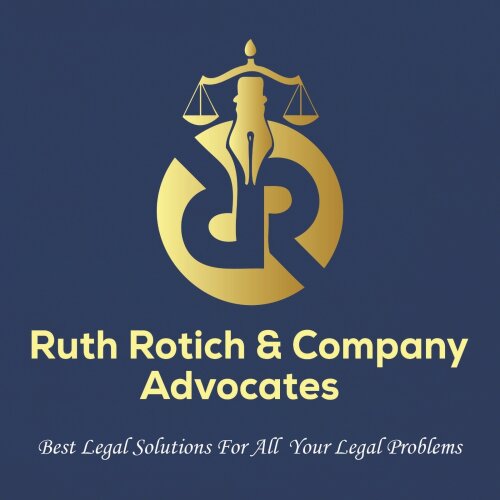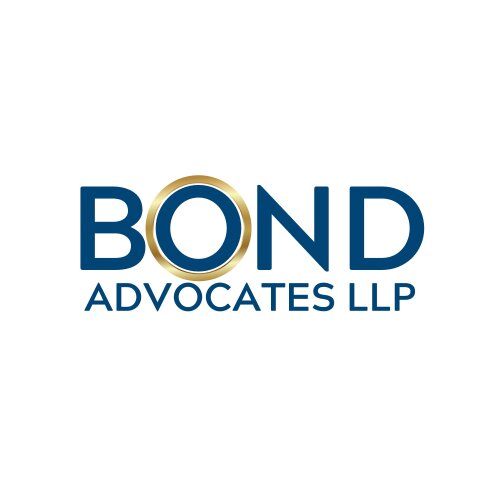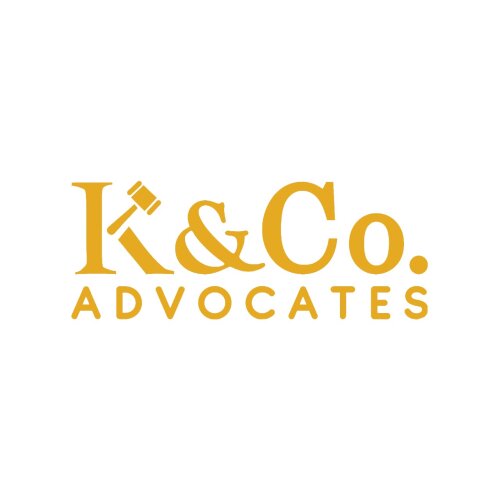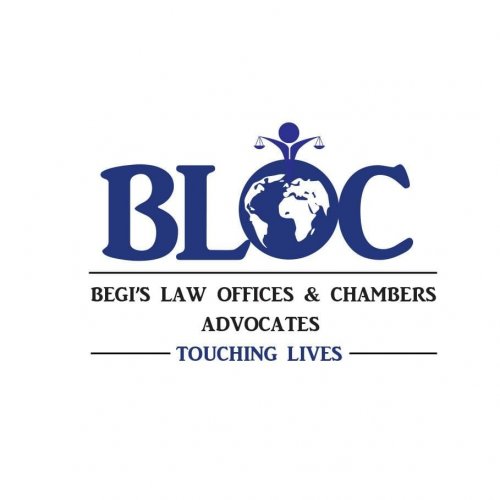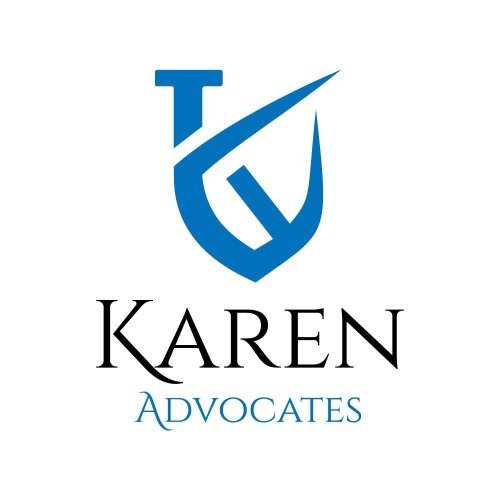Best Animal Law Lawyers in Kenya
Share your needs with us, get contacted by law firms.
Free. Takes 2 min.
Or refine your search by selecting a city:
List of the best lawyers in Kenya
About Animal Law in Kenya
Animal Law in Kenya encompasses a range of legal issues and frameworks aimed at safeguarding the welfare and rights of animals. It addresses concerns related to animal cruelty, neglect, wildlife conservation, and pets' welfare. The field is governed by various statutes, including the Prevention of Cruelty to Animals Act, the Wildlife Conservation and Management Act, and other relevant regulations. These laws aim to protect animals from abuse and exploitation while promoting ethical treatment and sustainable management of wildlife resources.
Why You May Need a Lawyer
Individuals may seek legal assistance in Animal Law for several reasons. Common situations include instances of animal cruelty or neglect where someone might want to report such activities or defend themselves against false accusations. Additionally, legal guidance is often needed in managing wildlife conservation issues, resolving disputes over pet ownership, and cases involving animal-related injuries or property damage. Lawyers specializing in Animal Law can provide the necessary representation and advice for navigating these complex legal challenges.
Local Laws Overview
There are several key aspects of local laws relevant to Animal Law in Kenya:
- Prevention of Cruelty to Animals Act: This law outlines offenses related to animal cruelty and sets penalties for such actions. It covers the prohibition of unnecessary suffering and specifies the duties of animal owners and caregivers.
- Wildlife Conservation and Management Act: This act provides a comprehensive framework for the conservation and management of wildlife. It includes provisions for the protection of endangered species, regulation of hunting practices, and enforcement of laws against wildlife trafficking.
- Veterinary Surgeons and Veterinary Para-professionals Act: This legislation governs the veterinary profession, ensuring that veterinary services are provided adequately and ethically to maintain animal health and welfare.
- Local government by-laws: Various counties have specific by-laws addressing issues such as dog licensing, livestock management, and control of stray animals, which are essential for maintaining local animal welfare standards.
Frequently Asked Questions
What constitutes animal cruelty under Kenyan law?
Animal cruelty includes any actions that cause unnecessary suffering or harm to animals, including physical abuse, neglect, abandonment, or improper confinement.
How can I report an animal cruelty case?
Reports can be made to local authorities, animal welfare organizations, or directly to the police. It's important to provide detailed information and evidence if available.
What legal protections exist for endangered species in Kenya?
The Wildlife Conservation and Management Act provides protection for endangered species, prohibiting hunting, trafficking, and other activities that threaten their survival.
Do I need a permit to own exotic pets?
Yes, owning exotic pets often requires a permit from the Kenya Wildlife Service. The legality depends on the species and the regulations in place to protect wildlife diversity.
What steps should I take if I’m involved in a livestock theft case?
Report the incident to the police immediately and consider seeking legal advice to ensure proper handling of the case.
Who is responsible for controlling stray animals in urban areas?
Local county governments usually have departments that manage the control of stray animals, often through partnerships with animal welfare organizations.
Are there laws regarding animal testing in Kenya?
Yes, there are regulations associated with the ethical treatment of animals in research, requiring permits and adherence to humane standards when conducting animal testing.
Can I take legal action if my pet was injured due to another person's negligence?
Yes, you can pursue legal action to seek compensation for veterinary costs and damages if negligence can be proven.
What are the penalties for wildlife poaching?
Penalties for poaching can be severe, including hefty fines and imprisonment, reflecting the commitment to protect wildlife resources.
How can disputes over pet ownership be resolved?
Disputes can be resolved through mediation or legal proceedings where evidence of ownership such as licenses and vet records is critical.
Additional Resources
Consider consulting the following resources for assistance related to Animal Law in Kenya:
- Kenya Wildlife Service (KWS): A governmental body responsible for the protection and management of wildlife resources.
- The Kenya Society for the Protection & Care of Animals (KSPCA): An organization that offers support in cases of animal cruelty and promotes animal welfare.
- Law Society of Kenya (LSK): Offers legal resources and professional directories to find qualified Animal Law practitioners.
- Local County Veterinary Offices: These offices can provide guidance on livestock management, pet licensing, and animal disease control.
Next Steps
If you need legal assistance in Animal Law, consider the following steps:
- Contact a qualified Animal Law attorney or reach out to the Law Society of Kenya to find legal practitioners specializing in this field.
- Gather all relevant documentation and evidence related to your case, including photographs, witness statements, and any official reports.
- Engage with local animal welfare organizations to understand the resources and support they may offer.
- Stay informed about current laws and regulations by attending relevant workshops or seminars offered by legal and animal welfare bodies.
Lawzana helps you find the best lawyers and law firms in Kenya through a curated and pre-screened list of qualified legal professionals. Our platform offers rankings and detailed profiles of attorneys and law firms, allowing you to compare based on practice areas, including Animal Law, experience, and client feedback.
Each profile includes a description of the firm's areas of practice, client reviews, team members and partners, year of establishment, spoken languages, office locations, contact information, social media presence, and any published articles or resources. Most firms on our platform speak English and are experienced in both local and international legal matters.
Get a quote from top-rated law firms in Kenya — quickly, securely, and without unnecessary hassle.
Disclaimer:
The information provided on this page is for general informational purposes only and does not constitute legal advice. While we strive to ensure the accuracy and relevance of the content, legal information may change over time, and interpretations of the law can vary. You should always consult with a qualified legal professional for advice specific to your situation.
We disclaim all liability for actions taken or not taken based on the content of this page. If you believe any information is incorrect or outdated, please contact us, and we will review and update it where appropriate.
Browse animal law law firms by city in Kenya
Refine your search by selecting a city.







